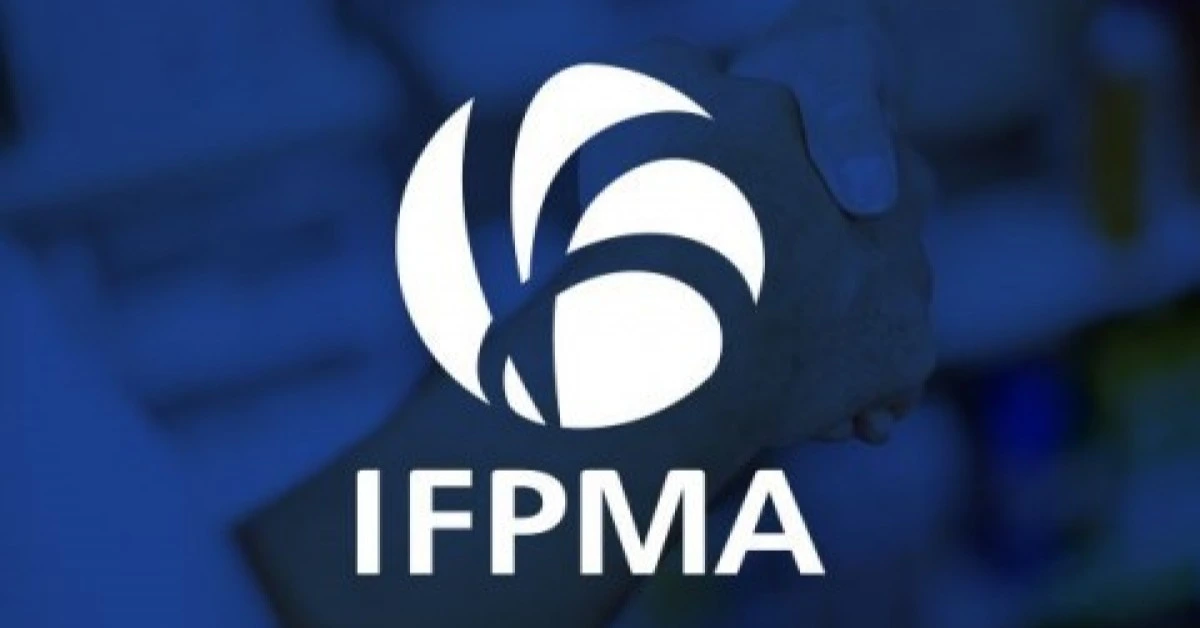
SWITZERLAND – Almost five million lives could be saved each year if low- and middle-income countries (LMICs) increased public healthcare spending by just 1% of GDP and allocated at least 40% of this to preventing and treating non-communicable diseases (NCDs).
This is according to research by Airfinity, commissioned by the International Federation of Pharmaceutical Manufacturers and Associations (IFPMA), which issued a global “Call to Action” on NCDs.
NCDs—including cancer, diabetes, heart disease, lung disease, and mental health disorders—are responsible for nearly three-quarters of global deaths.
In LMICs, eight out of ten premature NCD-related deaths occur. The IFPMA emphasized that “more funding is needed to bend the curve on NCDs” and urged global cooperation ahead of the United Nations High-Level Meeting on NCDs in September.
The cost of inaction
The World Health Organization (WHO) estimates that investing in NCD prevention and treatment could yield a seven-fold return in LMICs over a decade. Lifestyle changes such as a healthier diet and more exercise, combined with primary healthcare, could result in an economic gain of US $230 billion by 2030.
Despite these benefits, NCDs remain underfunded. According to the IFPMA, governments and global donors continue to overlook early detection, treatment, and control.
The WHO and World Bank highlight “low awareness” among decision-makers, affected individuals, and the general public, as well as “fiscal challenges,” as major obstacles.
As a result, patients in LMICs bear nearly 60% of treatment costs, pushing around 100 million people into extreme poverty every year, according to the NCD Alliance.
Access to medicines and solutions
Over the past decade, more than 1,400 medicines have been approved to treat NCDs, significantly improving the lives of those with chronic conditions.
Additionally, nearly 9,600 NCD medicines are currently being researched and developed. However, the IFPMA warns that “significant barriers and delays” prevent these medicines from reaching those who need them most.
To address funding gaps, IFPMA is collaborating with partners under the Access Accelerated initiative to help governments explore sustainable financing options.
These include health taxes, private or community-based health insurance, debt-for-health swaps, savings accounts, performance-based financing, and mobile health solutions.
The report also suggests redirecting fossil fuel subsidies and increasing taxes on tobacco, alcohol, and unhealthy foods as ways to generate funds for NCD treatment.
A call for global collaboration
The IFPMA urges governments, businesses, and healthcare organizations to work together to drive innovation, increase investment, and ensure accountability in the fight against NCDs.
“A political declaration that includes these recommendations can drive a vision for 2050 where there are fewer premature NCD deaths, reduced strain on health systems, and healthier societies worldwide,” the IFPMA stated.
IFPMA Director General Dr. David Reddy emphasized the urgency of the upcoming UN meeting: “It provides a real opportunity to refocus attention on how cross-sectoral partnerships can help increase access to cost-effective medicines and vaccines in a way that can transform—and even save—the lives of millions worldwide.”
Supporting this call, Dr. Kimberly Green, PATH Global Director for Primary Health Care, stressed that “improving accessibility of essential medicines and health products has been underrepresented in discussions” ahead of the High-Level Meeting.
Green highlighted the need for “additional investment to treat NCDs through strengthened primary health care” and reduce the financial burden on patients.
XRP HEALTHCARE L.L.C | License Number: 2312867.01 | Dubai | © Copyright 2025 | All Rights Reserved